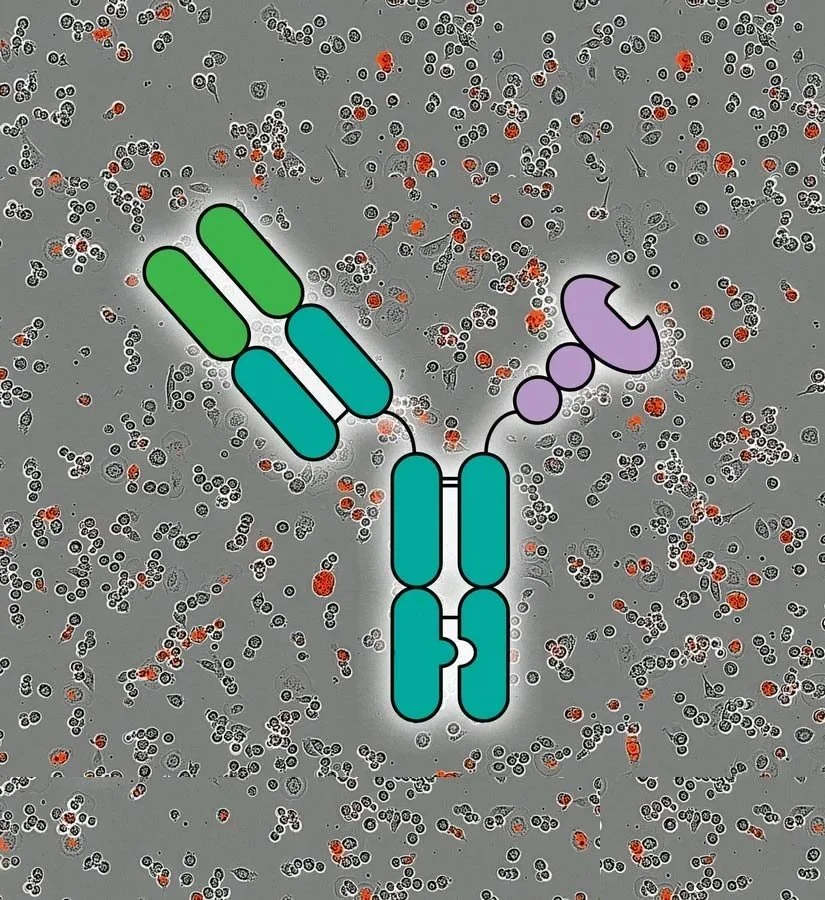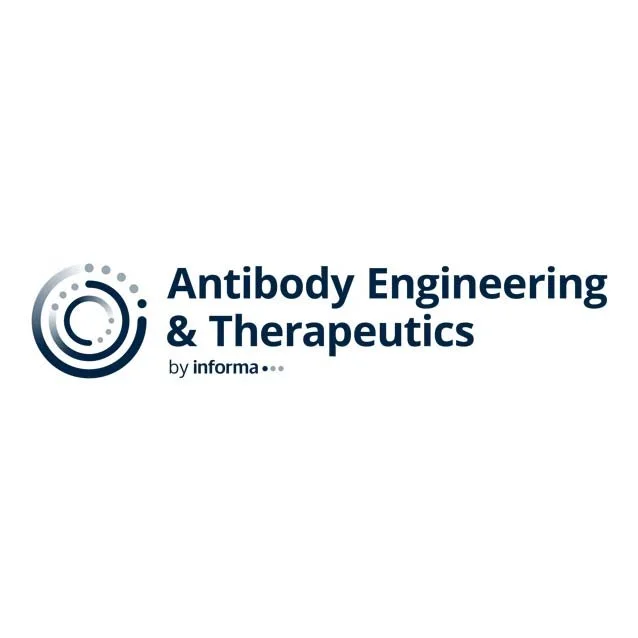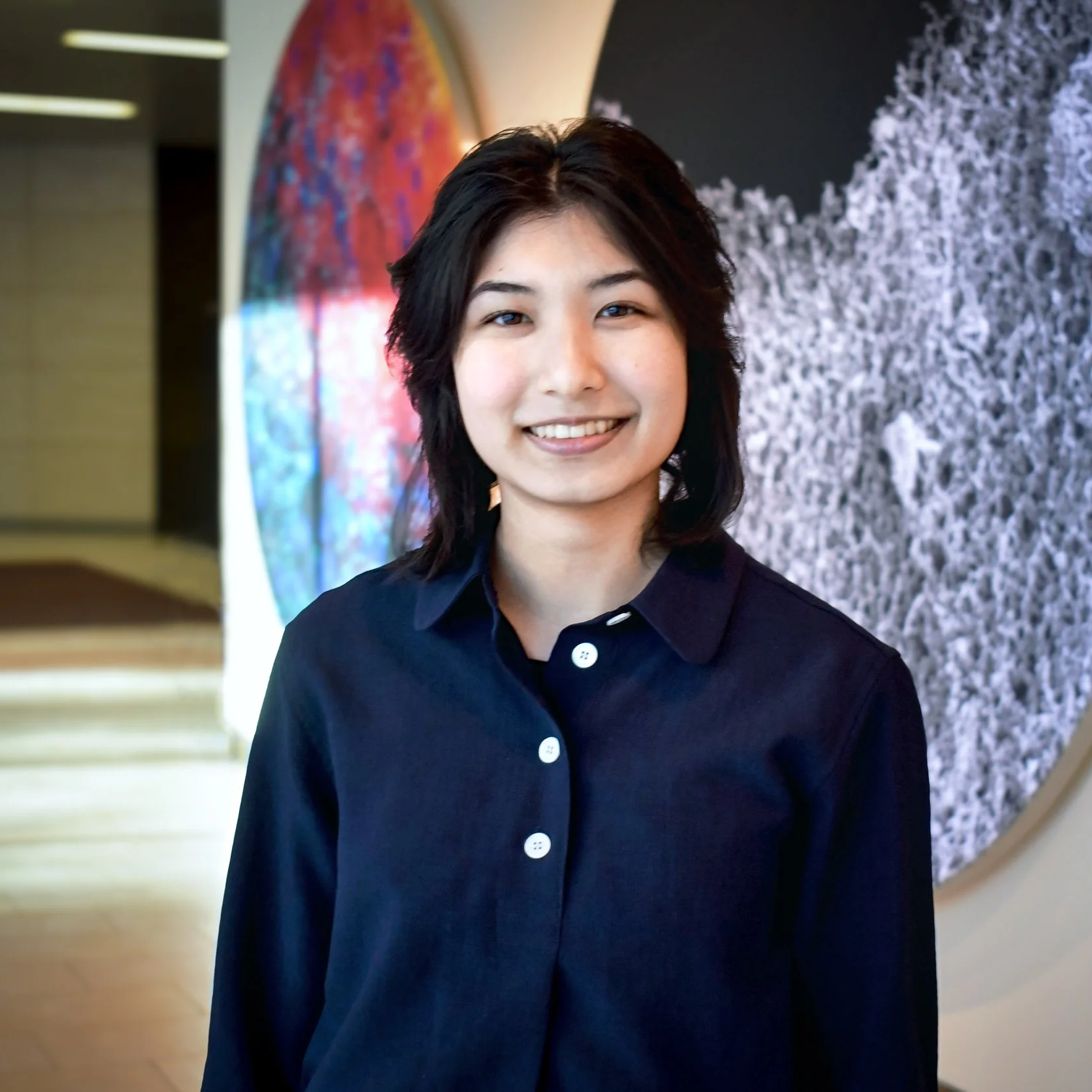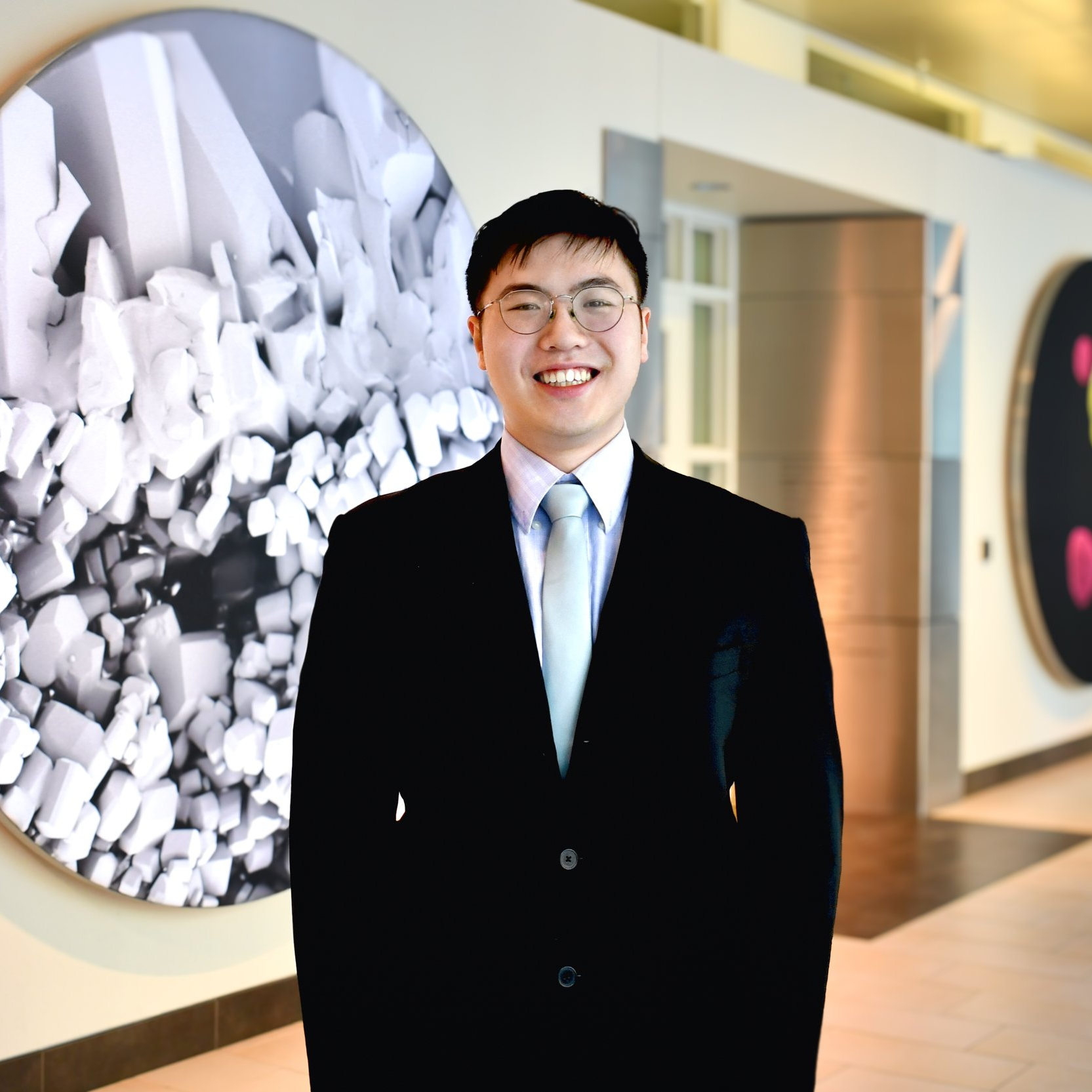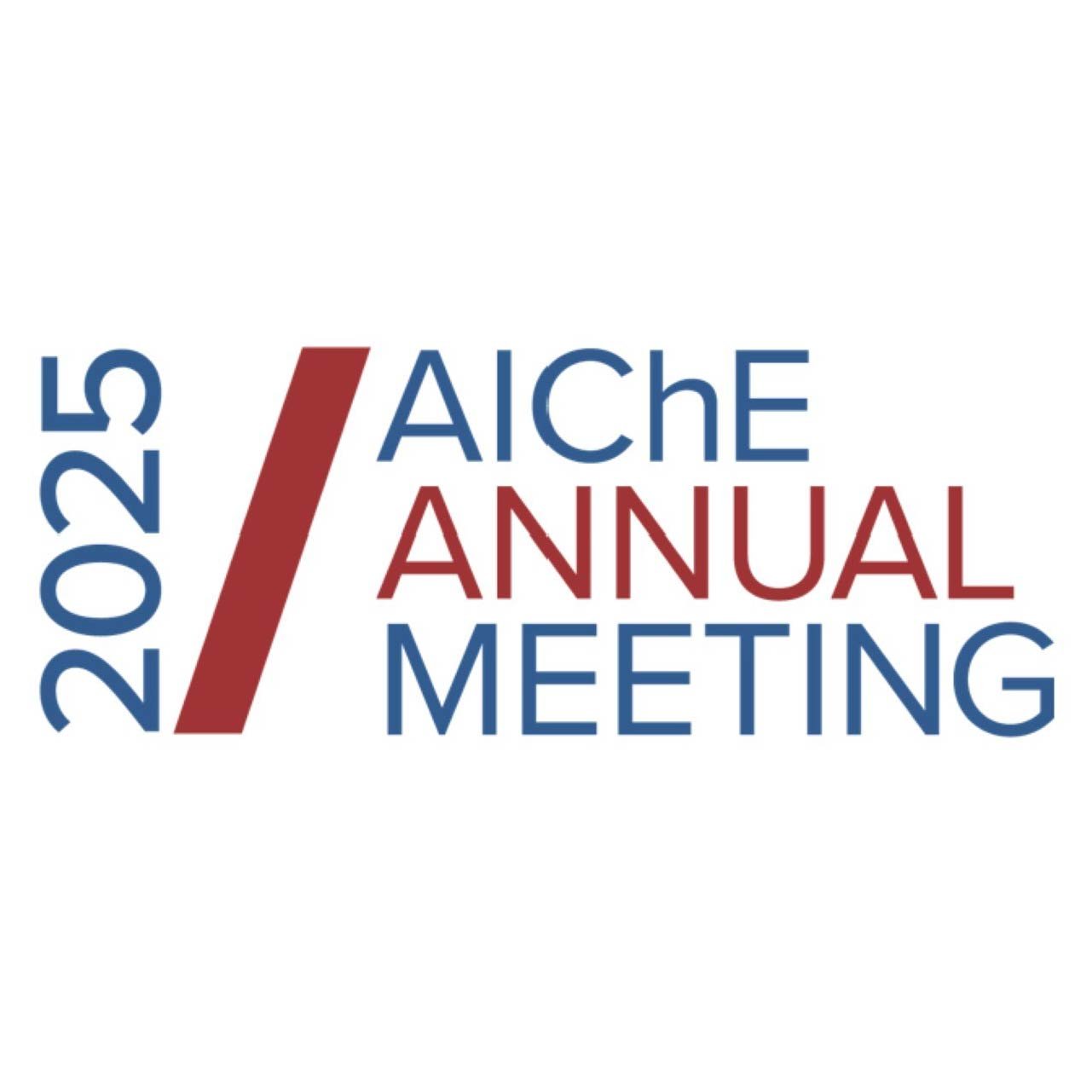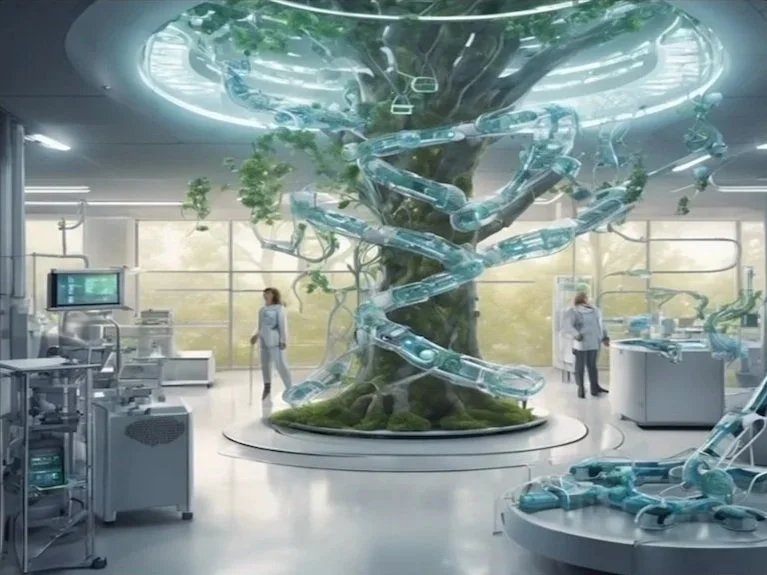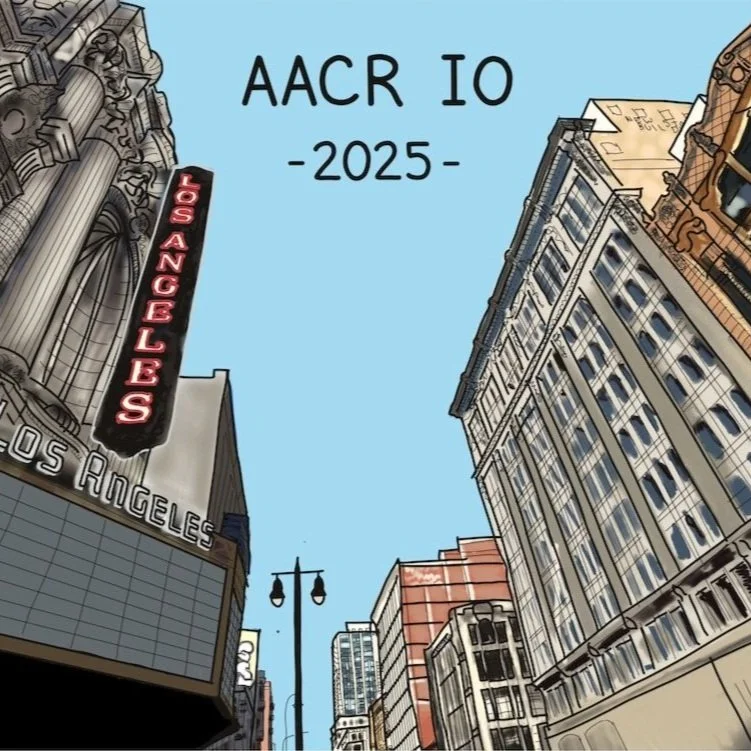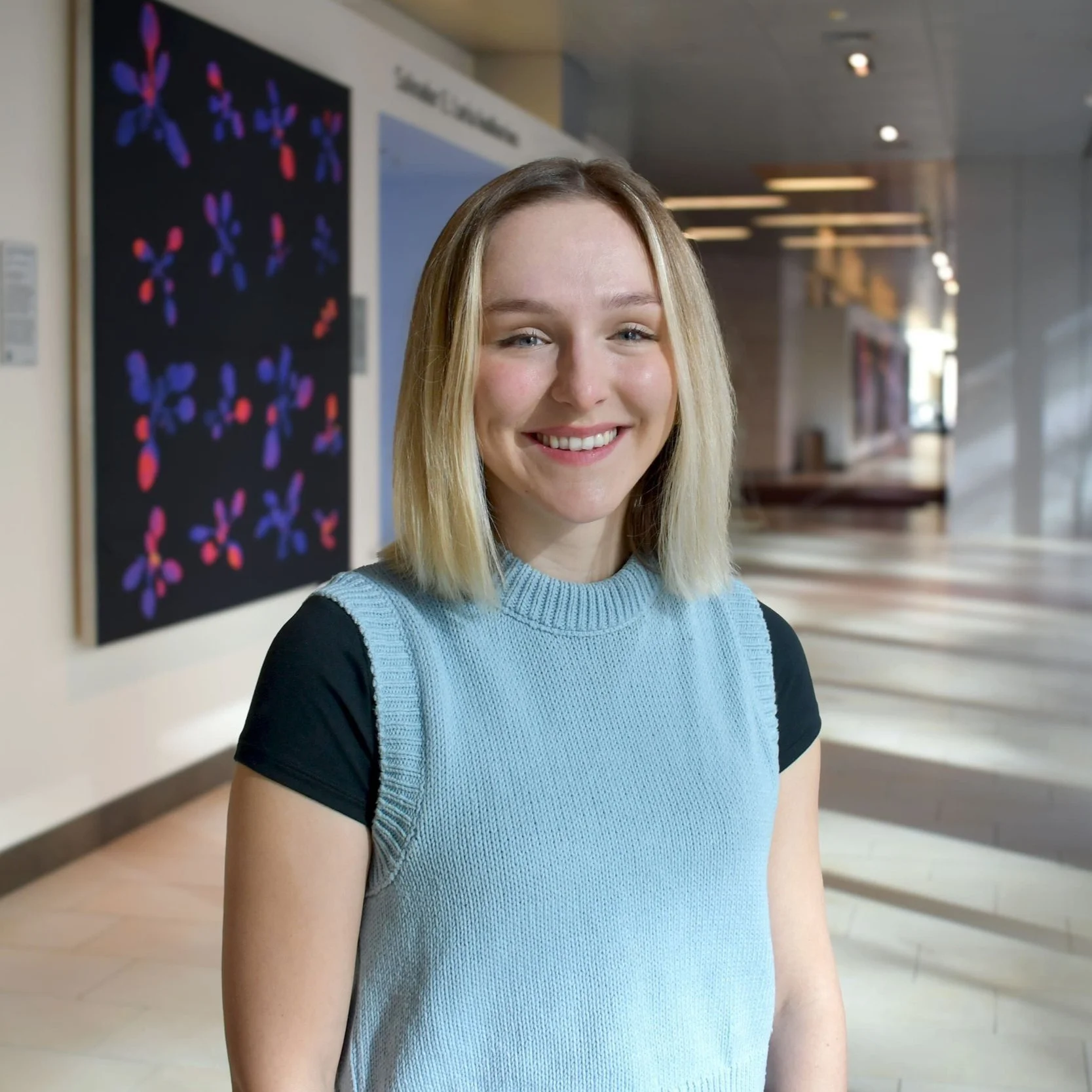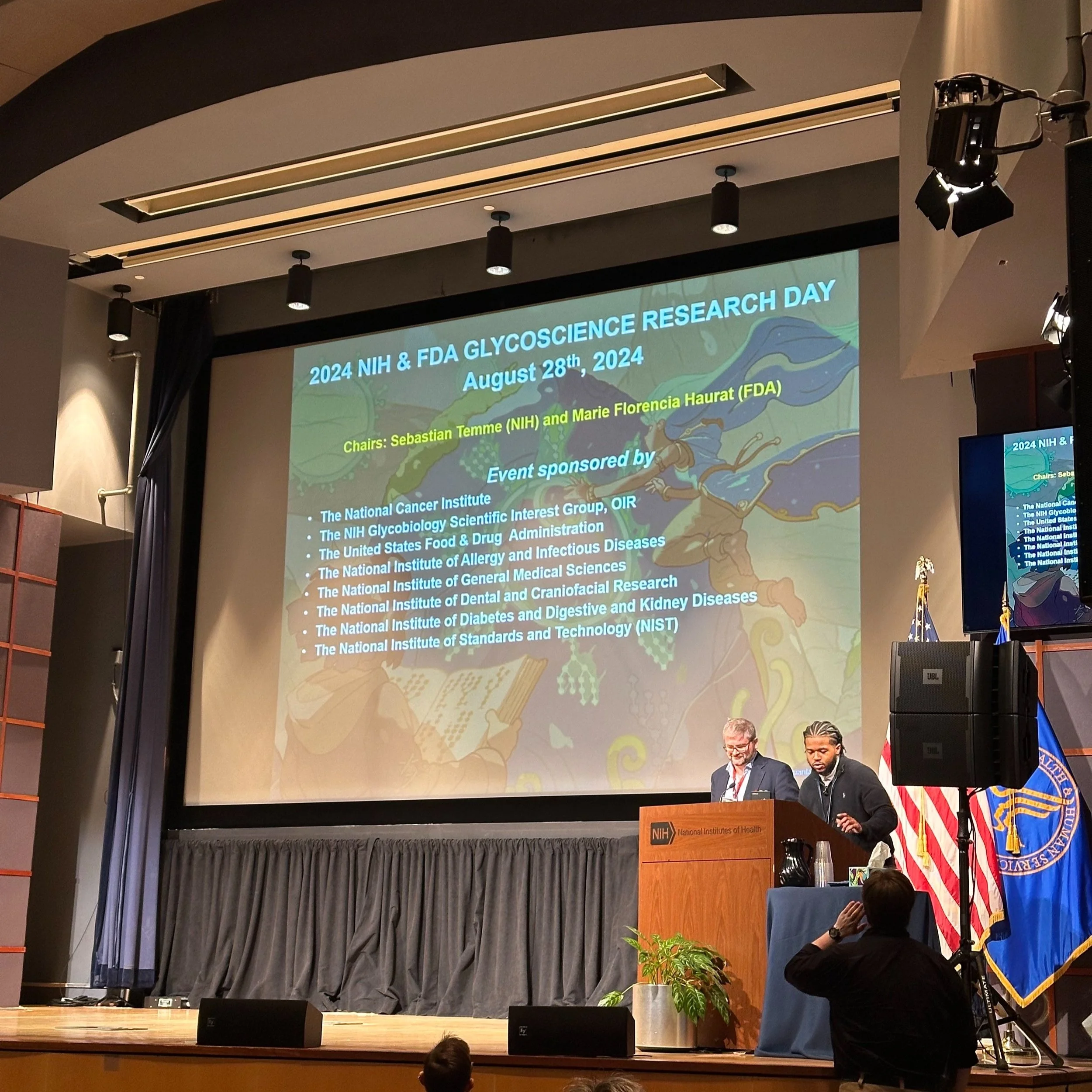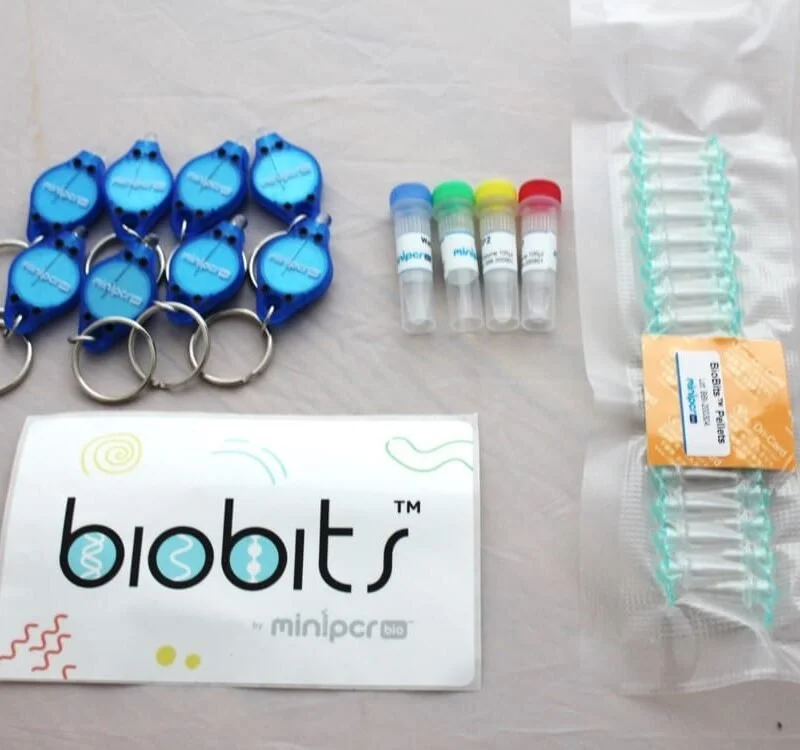
News
A new immunotherapy approach could work for many types of cancer
December 2025
The Stark lab and collaborators have developed antibody–lectin chimeras (AbLecs): immunotherapies designed to block glycans that contribute to immune suppression in cancer. AbLecs enhance anti-tumor immune responses, with the potential to fight cancer in patients who don’t benefit from existing drugs.
Read more in MIT News and Nature Biotechnology!
Jessica Stark presents at 2025 Antibody Engineering and Therapeutics Meeting
December 2025
Jessica presented the lab’s work to develop multispecific antibodies that target glycans for cancer immunotherapy.
Miyu Mudalamane passes PhD qualifying exam
December 2025
Miyu's PhD thesis research aims to identify glycoproteins that modulate immune responses, which represent potential antigen targets for cancer immunotherapy. Congratulations, Miyu!
Brian Cho passes PhD qualifying exam
November 2025
Brian's PhD thesis research seeks to shed new light on the adaptive immune response to glycans and glycoproteins. Congratulations, Brian!
Jessica Stark presents at 2025 AIChE Annual Meeting
November 2025
Jessica shared the lab’s work to engineer antibody-lectin chimeras as a new biologic modality for cancer immunotherapy.
Tran Luu passes PhD qualifying exam
October 2025
Tran’s PhD thesis research focuses on understanding mechanisms through which glycans mediate immune tolerance in cancer. Congratulations, Tran!
Jessica Stark speaks in keynote session at Synthetic Biology GRC
July 2025
Jessica shared the lab’s efforts to engineer immune responses by targeting glycans.
Stark Lab wins seed grant from MIT-Northpond Program
June 2025
This award will advance development of new biologics to target glycans for immunotherapy. We thank Northpond Ventures for their support!
Read more about it here!
Jessica Stark gives Young Scientist Keynote talk at 2025 PEGS meeting
May 2025
This recognition honors a scientist from the biotherapeutics community who has demonstrated scientific advancement and innovation in the field of protein science.
Brian Cho receives honorable mention in 2025 NSF GRFP competition
April 2025
Brian's PhD research promises to shed new light on the adaptive immune response to glycans and glycoproteins. Congratulations, Brian!
Read more about it here!
Jessica Stark featured on The Chain podcast
April 2025
Jessica spoke about glycans and why they are important in cancer research. She also discussed her keynote presentation at PEGS 2025 and ongoing research in the Stark lab.
Check out the podcast here!
Jessica Stark presents at 2025 ASBMB Annual Meeting
April 2025
Jessica shared the lab’s work to develop antibody-lectin chimeras as a new biologic modality for cancer immunotherapy.
Stark Lab’s research highlighted in AACR IO meeting summary
March 2025
Jessica‘s talk explained how cell surface glycans can hinder the immune response to cancer and described development of antibody-lectin chimeras to block this checkpoint for cancer immunotherapy.
Read more about it here!
Jessica Stark speaks in AACR IO keynote session on glycoimmunology
March 2025
Jessica presented the lab’s work to therapeutically target glycans that act as immune checkpoints in cancer.
Read more about it here!
Tran Luu wins MIT-Accenture Fellowship
February 2025
Stark Lab PhD student Tran Luu was selected as a 2024-2025 MIT-Accenture Fellow, recognized for her efforts to understand how glycans mediate immune tolerance in cancer. Congratulations, Tran!
Read more about it here!
Megan Priestley receives Terri Brodeur Breast Cancer Foundation Fellowship
February 2025
Stark Lab postdoc Megan Priestley was selected as a 2025 Terri Brodeur Breast Cancer Foundation Fellow. Megan’s funded work seeks to target glycans for the treatment of breast cancer. Congratulations, Megan!
Read more about it here!
Jessica Stark to give keynote talk at inaugural AACR IO
January 2025
Jessica will present the lab’s work to therapeutically target glycans that act as immune checkpoints in cancer.
Read more about it here!
BioBits® kits on display as part of MIT cancer center 50th anniversary celebration
December 2024
2024 marked 50 years of MIT’s cancer center. Ten objects on display in the Koch Institute Public Galleries offered insights into the people and progress involved in half a century of cancer research at MIT.
Read more about it here!
Ishika Govil passes PhD qualifying exam
November 2024
Ishika’s PhD thesis research is focused on the development of new molecules to target glycans for immunotherapy. Congratulations, Ishika!
Valora Therapeutics launches with Jessica Stark as co-founder and scientific advisor
November 2024
Born from a vision to translate groundbreaking glycobiology research into life-changing therapies, Valora Therapeutics aims to restore the defective language of immune communication in disease.
Read more about it here!
Jessica Stark gives keynote talk at Merck Large Molecule Science Symposium
September 2024
Jessica discussed the lab’s efforts to identify glycans that act as immune checkpoints in cancer and to develop new modalities of glycan-targeted immunotherapy.
Jessica Stark presents at NIH Glycoscience Research Day
August 2024
Our lab was happy to contribute to a symposium dedicated to glycoscience research, with a focus on glycans and their roles in various biological processes.
Read more about it here!
Jessica Stark receives V Scholar Award from The V Foundation
July 2024
The V Scholar Award supports tenure-track faculty early in their cancer research careers, investing in promising people and projects. We are grateful to The V Foundation for supporting our work!
Read more about it here!
AbTherx appoints Jessica Stark as scientific advisor
March 2024
Jessica will provide guidance on AbTherx's research strategies with an emphasis on challenging drug targets, including glycans, that could yield next-generation cancer immunotherapies.
Read more about it here!
Jessica Stark selected for MIT-Royalty Pharma Prize Competition
January 2024
Jessica was one of 12 finalists in the 2023-24 MIT-Royalty Pharma Prize Competition, which aims to support female entrepreneurs in biotech.
Read more about it here!
Jessica Stark receives Steven A. Rosenberg Scholar Award
November 2023
The Society for Immunotherapy of Cancer Steven A. Rosenberg Scholars Award recognizes emerging leaders in immuno-oncology, focused on a novel approach to advancing the field of immunology and cancer immunotherapy. We thank SITC for supporting our research!
Read more about it here!
Meet a Scientist: Jessica Stark unleashes the potential of cell-free systems
August 2023
Jessica shared her research experience, inspirations, advice, and how she was able to apply her passion for engineering to biology and human health.
Read more about it here!
Jessica Stark selected for Burroughs Wellcome Fund Career Awards at the Scientific Interface
June 2023
These awards recognize outstanding scientists who have made significant contributions at the interface of biology and quantitative sciences, bridging the gap between disciplines, and fostering innovation. We are grateful to the Burroughs Wellcome Fund for their support!
Read more about it here!
Photo: Justin Muir
Stark lab’s work highlighted in Nature article on cell-free systems for vaccine development
March 2023
Researchers have been using cell-free systems for biochemical reactions for decades — but mostly in the research laboratory. Now, thanks to advances in both reliability and scale, cell-free synthesis is emerging as a major tool for everything from diagnostic-sensor development to vaccine biomanufacturing.
Read more about it here!
BioBits® kits featured in Forbes
November 2020
Jessica co-developed BioBits® kits to help students learn biology by doing biology. In sharp contrast to the breakneck increase in our ability to engineer biology, biology education has not changed for generations - until, perhaps, now.
Read more about it here!
Photo: Robin Lubbock/WBUR
Making biology education accessible to everyone with BioBits® kits
November 2018
New classroom kits, co-developed by Jessica Stark, use cutting-edge methods to introduce students to the basics of DNA with no fuss. The technique uses freeze-dried bits of a cell that can translate DNA - which is something like a biological blueprint - into action.
Read more about it here!
